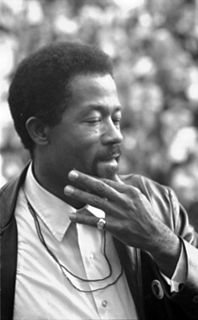A Quote by Kurt Hahn
The worth of a faith does not consist in the clarity with which it is stated but in the steadfastness with which it is defended.
Related Quotes
Others, one suspects, are afraid that the crossing of space , and above all contact with intelligent but nonhuman races, may destroy the foundations of their religious faith . They may be right, but in any event their attitude is one which does not bear logical examination for a faith which cannot survive collision with the truth is not worth many regrets.
Although the precariat does not consist simply of victims, since many in it challenge their parents' labouring ethic, its growth has been accelerated by the neoliberalism of globalisation, which put faith in labour market flexibility, the commodification of everything, and the restructuring of social protection.
In our time, political speech and writing are largely the defense of the indefensible. Things like the continuance of British rule in India, the Russian purges and deportations, the dropping of the atom bombs on Japan, can indeed be defended, but only by arguments which are too brutal for most people to face, and which do not square with the professed aims of the political parties. Thus political language has to consist largely of euphemism, question-begging and sheer cloudy vagueness.
Analysis of rebellion leads at least to the suspicion that, contrary to the postulates of contemporary thought, a human nature does exist, as the Greeks believed. Why rebel if there is nothing permanent in oneself worth preserving? ... Rebellion, though apparently negative, since it creates nothing, is profoundly positive in that it reveals the part of man which must always be defended.




































